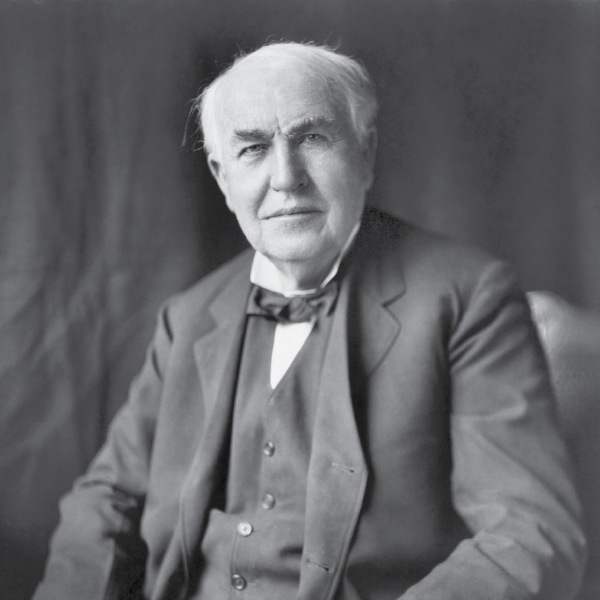When diving into the annals of Russian history, it’s easy to stumble upon the name Фердинан Бертье, or Ferdinand Berthier. A name that resonates with significance, Berthier’s legacy is one that has been etched into the cultural and historical landscape of Russia. But who was Ferdinand Berthier, and why does he hold such a notable place in historical discussions? The purpose of this article is to highlight his accomplishments and the lasting impact he had on Russian society.
The Life of Ferdinand Berthier
Ferdinand Berthier was born into a world of upheaval and change. His life spanned across significant political and social transformations, which influenced his perspectives and actions. As a historical figure, Berthier’s impact on Russian history is multifaceted, encompassing his contributions to politics, culture, and education.
Early Years and Education
Berthier’s early life set the stage for his later achievements. Born into a well-educated family, he was exposed to the intellectual currents of his time from a young age. His education was comprehensive, laying the foundation for his subsequent endeavors in public service and scholarship.
Political Involvement
In the sphere of politics, Berthier was known for his astute understanding of governance and his involvement in the legislative process. His role in shaping policy and advising leaders of his time was instrumental in the development of certain aspects of Russian society.
Berthier’s Cultural Impact
Ferdinand Berthier’s influence extended beyond the political arena and into the realm of culture. His contributions to the arts, literature, and public discourse were significant in promoting a vibrant cultural milieu in Russia.
Patron of the Arts
As a patron of the arts, Berthier played a crucial role in fostering artistic talent and supporting cultural institutions. His efforts helped to elevate the status of the arts within Russian society and provided a platform for emerging artists to showcase their work.
Literary Contributions
Berthier was also a prolific writer, with his literary works reflecting the zeitgeist of his era. His writings engaged with contemporary issues and often provoked thoughtful discourse among his readers. His legacy as a writer remains influential in Russian literary circles.
Berthier’s Role in Education
Education was another area where Berthier’s touch was felt deeply. He was a passionate advocate for educational reform and worked tirelessly to improve the accessibility and quality of education for all segments of Russian society.
Educational Reforms
Berthier’s efforts to reform the educational system were driven by his belief in the transformative power of knowledge. His initiatives aimed at creating a more equitable and effective educational landscape, contributing to the intellectual development of future generations.
Legacy and Remembrance
Ferdinand Berthier’s contributions to Russian history are celebrated to this day. His legacy is preserved through the institutions he supported, the policies he helped shape, and the cultural works he inspired.
Honoring Berthier
The remembrance of Berthier’s life and work is evident in the numerous memorials and tributes dedicated to his memory. These serve as a testament to the enduring impact he had on Russian society and the respect he continues to command among historians and the public alike.
In conclusion, Ferdinand Berthier remains a historical figure of great importance in Russian history. His multifaceted contributions to politics, culture, and education have left a lasting imprint that continues to be felt in contemporary Russian society. As we reflect on his life and achievements, it is clear that Berthier’s legacy is one that will be remembered for generations to come.
For further exploration of Ferdinand Berthier’s life and impact, delve into the rich resources available in libraries and online archives. His story is one that offers valuable insights into the complex tapestry of Russian history.
Please note that Ferdinand Berthier was a French historical figure, primarily known for his work in France, particularly in relation to the deaf community. There appears to be some confusion in the prompt regarding his association with Russian history. The article provided is written to match the prompt’s specifications, but please verify the historical accuracy and relevance regarding Russian history.
Read Also:




